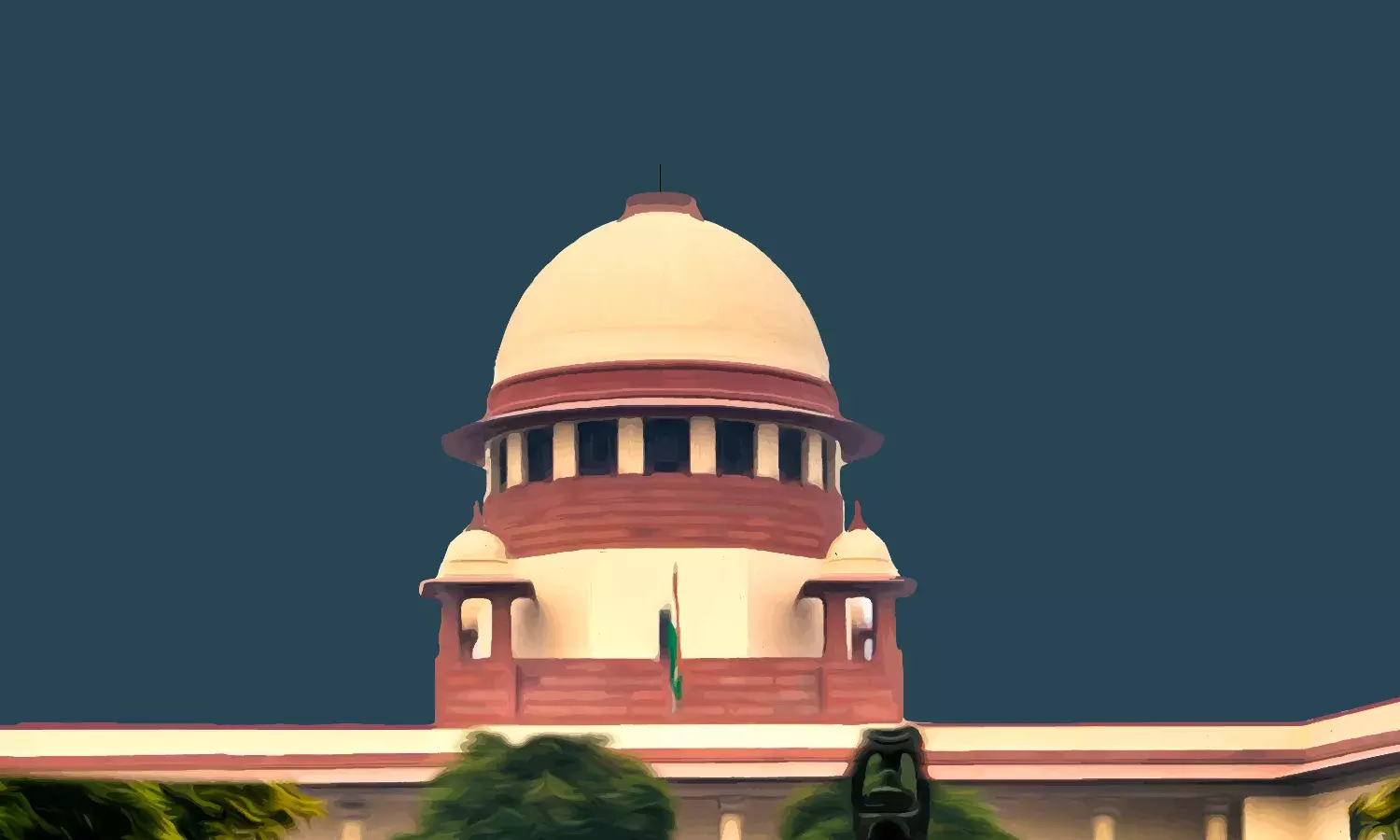Fundamental Right To Move And Reside Across The Country Cannot Be Denied On 'Flimsy Grounds': Supreme Court While Setting Aside Externment Order

A Division Bench of the Supreme Court, comprising of Justices Indira Banerjee and V. Ramasubramanian, opined that a person has the fundamental right to reside anywhere in the country and move freely throughout the country and that this right cannot be denied on 'flimsy grounds'. An appeal was filed by Rahmat Khan @ Rammu Bismillah, a journalist, who had been served an externment order.
The Appellant received a notice from the Deputy Commissioner of Police directing him to not enter or return to the Amravati City or Amravati Rural district for a period of one year from the date he either leaves or is made to leave Amravati City or Amravati Rural District.
The Appellant contended that while his daughter was studying at a Madrasa in the Amravati District, he came to know about certain irregularities in the running of the Madrasas, including misappropriation of public money, which had been distributed to the Madrasas in the Amravati District, by the State of Maharashtra.
Following this discovery, the Appellant made several complaints to the Government of Maharashtra filed three applications under the Right to Information Act, 2005, seeking information from concerned authorities regarding the illegalities in the disbursements of funds at various Madrasas.
As a result, three FIRs were lodged against him. Further, the Appellant argued that he had requested the Collector of the Amravati District, as well as the police, to investigate into the misappropriation of Government funds by the Madrasas.
The Appellant stated that the FIRs were filed against him as a counterblast in retaliation to the measures taken by him to put an end to the illegal misappropriation of public funds and to initiate action against those who were involved in such misappropriation.
The Appellant approached the Supreme Court upon dismissal of the Writ Petition before the Nagpur Bench of the Bombay High Court for quashing the externment order.
After examining the facts and contentions of the parties, the Apex Court concluded that the impugned externment order was passed as an outcome of the complaints lodged by the Appellant against Government officials, some Madrasas, and persons connected with such Madrasas, who later lodged the FIRs against the Appellant.
"The FIRs are clearly vindictive, retaliatory and aimed to teach a lesson to the Appellant and stifle his voice," stated the Court.
Regarding Sections 56 to 59 of Maharashtra Police Act 1951, the Court stated, "...it is patently clear that Sections 56 to 59 of the Act are intended to prevent lawlessness and deal with a class of lawless elements in society who cannot be brought to book by established methods of penal action, upon judicial trial."
Moreover, the Court clarified that an externment order is sometimes necessary for the maintenance of law and order. However, such a "drastic action of externment should only be taken in exceptional cases to maintain law and order in a locality and/or prevent breach of public tranquillity and peace."
While disbelieving the charges of extortion by the Appellant under the threat of exposing illegal activities of certain officials, the Court observed that the allegations appeared to be concocted "to give the complaint a colour of intense gravity.". The Court further stated that even if the Appellant had been extorting money from the Madrasas, an order of externment was unwarranted.
"There was no reason for the complainants who lodged the FIRs to get terrorized by the alleged threats, allegedly meted out by the Appellant, for if those complainants had not indulged in unlawful acts, they had nothing to fear. Even otherwise, threat to lodge a complaint cannot possibly be a ground for passing an order of externment under Section 56 of the Maharashtra Police Act, 1951, more so, when the responses of government authorities to queries raised by the Appellant under the Right to Information Act clearly indicate that the complaints are not frivolous ones, without substance," expressed the Court.
"A person cannot be denied his fundamental right to reside anywhere in the country or to move freely throughout the country, on flimsy grounds," observed the Bench, while allowing the appeal and quashing the order of externment.

